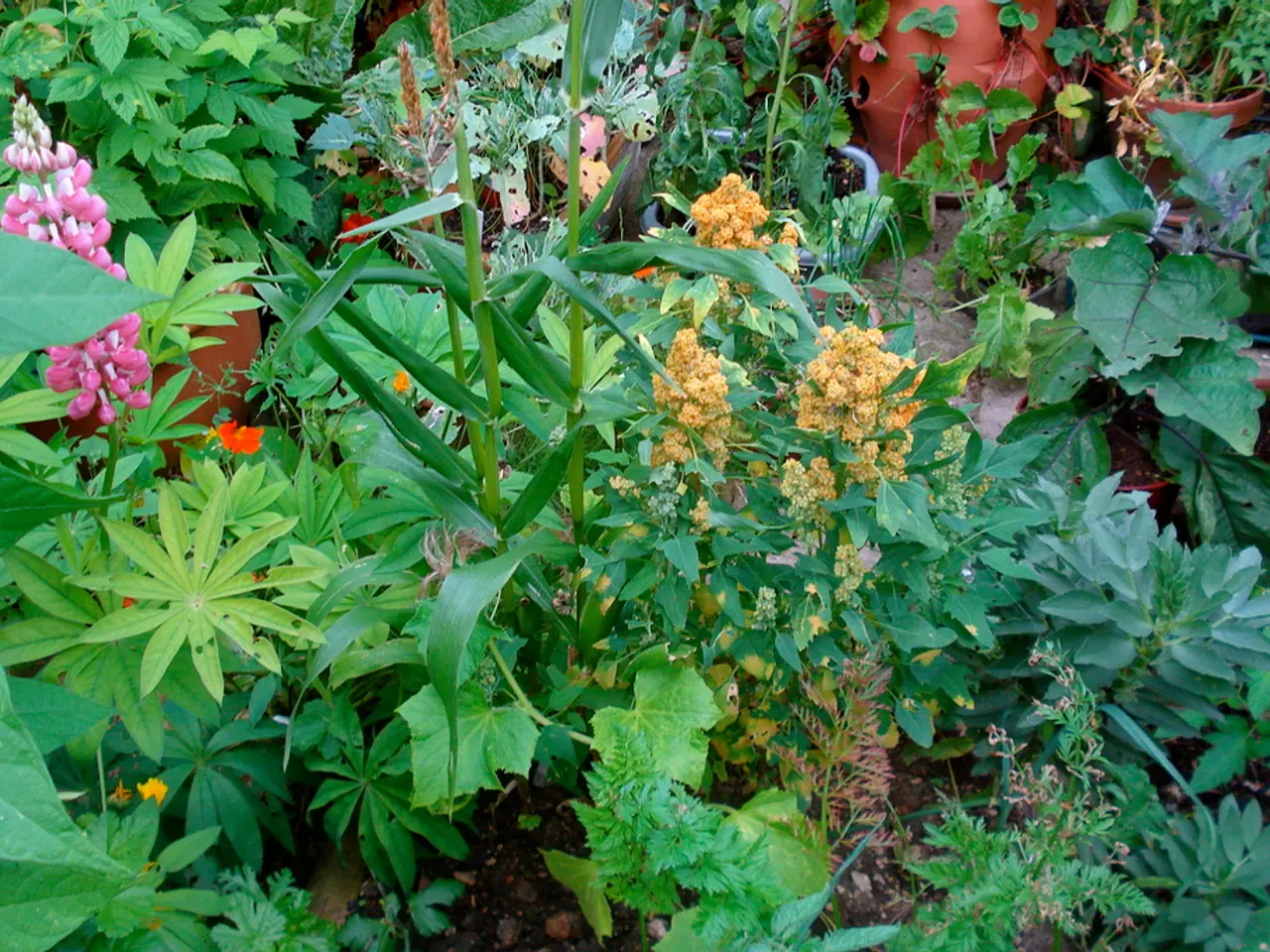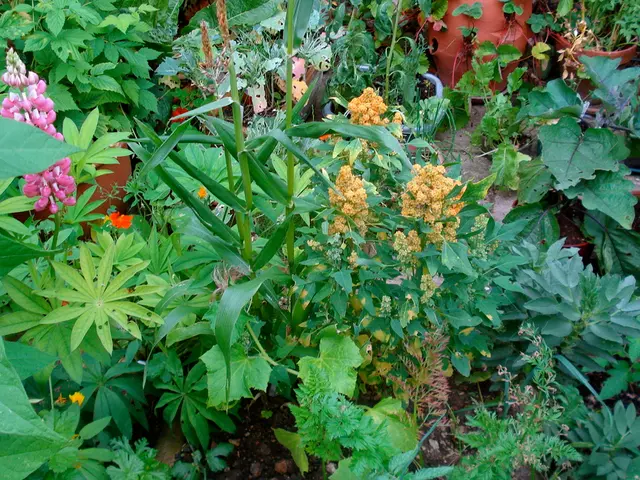Enhancing Mental Wellbeing through Gardening - Supported by Studies from Harvard University
In a groundbreaking study by Harvard, mental health has been found to be significantly influenced not just by life events, but by what one chooses to focus on. One such focus that has emerged as a powerful tool for wellness is gardening.
Once considered an obscure hobby, gardening is now taking centre stage in the realm of wellness. A decade ago, it was seldom discussed on wellness panels, but today, it's hard to ignore its growing popularity.
Gardening offers a multitude of science-backed mental health benefits. These include reduced stress, depression, and anxiety; improved mood and emotional well-being; increased serotonin and dopamine production; and enhanced cognitive function and psychological resilience.
Stress Reduction and Mood Enhancement
Gardening has been found to lower cortisol (stress hormone) levels, decrease heart rate, and outperform activities like reading in reducing stress within 30 minutes of engagement. It also calms the nervous system and reduces mental clutter, aiding emotional regulation.
In addition, gardening triggers the release of neurotransmitters such as serotonin and dopamine that regulate emotional balance and motivation. The tactile, repetitive nature of gardening promotes mindfulness by quieting the amygala (threat detection center) and activating the prefrontal cortex (calmness, decision making).
Depression and Anxiety Relief
Gardening helps reduce symptoms of depression and anxiety by improving mood, self-esteem, and confidence through nature exposure and physical activity. Interaction with soil microbes like Mycobacterium vaccae stimulates serotonin production, lowering anxiety.
Cognitive and Attention Benefits
Exposure to nature and purposeful gardening improves attention span, cognitive function, and reduces mental fatigue. This makes gardening useful for emotional resilience and problem-solving.
Social and Psychological Growth
Horticultural therapy builds confidence and community connection, aiding recovery from mental health challenges and promoting positive attitudes.
Additional Mechanisms
Sunlight exposure during gardening provides vitamin D, which helps regulate mood. Sensory engagement through smell, touch, and sight in gardening further anchors attention and fosters calm.
In summary, gardening combines physical activity, sensory engagement, nature exposure, and mindfulness to produce measurable improvements in brain chemistry, mental health symptoms, and emotional well-being. These benefits are accessible even in small spaces or indoor container gardens and are increasingly recognized in therapeutic programs and health practices.
One inspiring story involves a mom growing produce on her patio. Focusing on the growth and progress in gardening can train the mind to look for the good in other areas of life. Gardening is revealed as a tool to use attention effectively for wellness.
So, why not give gardening a try this summer? Whether you choose to grow cherry tomatoes and healing herbs on a patio or invest in a desktop garden for stress relief, the benefits are undeniable. Embrace the calming power of soil therapy and let your garden nourish your mind and soul.
[1] Berman, M. G., Jonides, J., & Kaplan, S. (2008). The cognitive benefits of interacting with nature. Journal of Environmental Psychology, 28(1), 125-128.
[2] Kim, J. H., & Choi, Y. J. (2014). The association between gardening and psychological well-being: A meta-analysis. Journal of Environmental Psychology, 38, 15-25.
[3] White, M. P., Alcock, I., Wheeler, B. W., & Kaplan, S. (1999). The influence of nature experience on cognitive function. Journal of Environmental Psychology, 19(4), 207-218.
[4] Bridger, D., & Chatterton, R. (2009). Horticultural therapy: An integrative review. American Journal of Occupational Therapy, 63(3), 275-290.
[5] White, M. P., Alcock, I., Wheeler, B. W., & Kaplan, S. (2006). Attention restoration in nature: A field experiment. Journal of Environmental Psychology, 26(4), 309-318.
Read also:
- Perfect Treat for Soothing and Relaxing Muscles: Magnesium-Infused Body Butter
- Recovery from Strokes through Maritime Mycelium, and Keeping Tabs on Mushroom Prohibitions
- Vacationing in Thailand for a Muay Thai Experience
- Constructing Bee Hives: Suggestions and Insights on Providing a Water Source for Wild Bees in Your Garden








